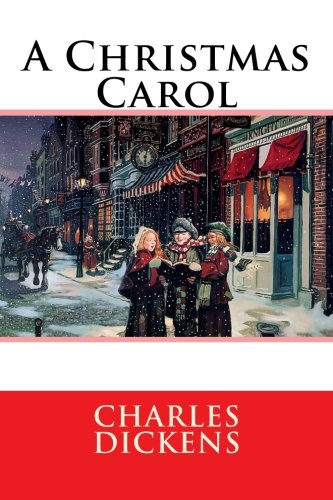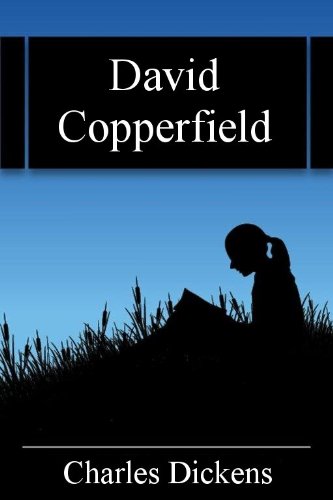Charles Dickens
Little Dorrit
eBook
( Sept. 9, 2015)
This is my personal favorite among Dickens novels, fully equal to Bleak House, though not nearly as widely read or admired. Most reviewers miss the fact that debtors prisons had long been closed before Dickens wrote the novel, so 'reform' was in no way its objective. What he really wanted to explore was self-imprisonment. His main character, Arthur Clennam, has been imprisoned by family strictures all his life. Denied love as a child, exiled from his sweetheart as a young man to an outpost of the family business in China, left by his father only with a watch inscribed 'DNF' meaning 'do not forget' (what he doesn't know) Arthur returns to England. We first see him 'imprisoned' in quarantine with others who suffer spiritual incarcerations of their own. The spiritual heart of this novel is the story of how Arthur loses hope that he can 'go home again' and pick up with his old life, how he reconstructs a personal life and satisfying work, and how he endures the collapse of the past and all its guilty debts, ultimately being set free to live life on a new foundation. This novel will hearten those who have arrived in the middle of our lives feeling that like Arthur, we stand among ruins, 'descending a green and growing tree' whose limbs die and wither under us as we come down. But when he is finally stripped of everything, Arthur gains all. While this great bildungsroman of maturity is being carried forward, Dickens offers a wealth of characters, plots, and subplots that will keep Dickens lovers turning pages in well-founded faith that Boz will once again knit all together in a satisfying tapestry of incident and meaning. It could be summed up as "forgive us our debts as we forgive our debtors." All the characters are jailed by something--Little Dorrit herself by her prison home, her father by his dependency and pathetic grasping for reputation. Blandois, the wicked murderer, shows up first in a Marseilles prison and bestrides the plot with his vile presence. Arthur's mother stays voluntarily imprisoned in a decaying house and her wheelchair, and worse, in wrath and jealousy. We also meet a housemaid trapped in uncontrollable rage, the woman who abducts her, walled in pride and hatred, a young woman trapped in adoration of a worthless husband, parents frozen in grief over a lost child, a financier transfixed with the knowledge of his own falsity . . . and more. Secrets, nightmares, murders, lost deeds and treasure, stolen fortunes, all abound in this vivid and satisfying plum pudding of a novel. Modern readers may weary of the satirical chapters on 'the Circumlocution Office'--but they're no worse than the treatment of the Court of Chancery in Bleak House. The best of this novel is that it is not all written just for the satisfactory settlement of some young person, but rather for the arrival at full maturity of a man who is already adult at the novel's opening. Arthur (one remembers that Britain's legendary king bore that name) rescues others from despair, and finally learns to let others so rescue him. This is a redemptive novel, that shows us it is possible to see that we are inside the prison of who we've been taught we are, and believe we can't stop being, and it is possible to break beyond those prison walls and 'go down to a life' of quiet decency and common happiness. A great, grownup read!
- Pages
- 614
Enjoy reading Little Dorrit? You may also like these books
-
U

Charles Dickens
A Christmas Carol
Paperback (CreateSpace Independent Publishing Platform Nov. 28, 2014) -
U

Charles Dickens
A Christmas Carol
Paperback (CreateSpace Independent Publishing Platform June 26, 2015) -
U

Charles Dickens
A Tale of Two Cities
Paperback (CreateSpace Independent Publishing Platform Jan. 24, 2019) -
U

Charles Dickens
A Tale of Two Cities
Paperback (CreateSpace Independent Publishing Platform May 23, 2015) -

Charles Dickens
Great Expectations
Paperback (CreateSpace Independent Publishing Platform Aug. 2, 2018) -
U

Charles Dickens
David Copperfield
Paperback (CreateSpace Independent Publishing Platform Sept. 13, 2015)











